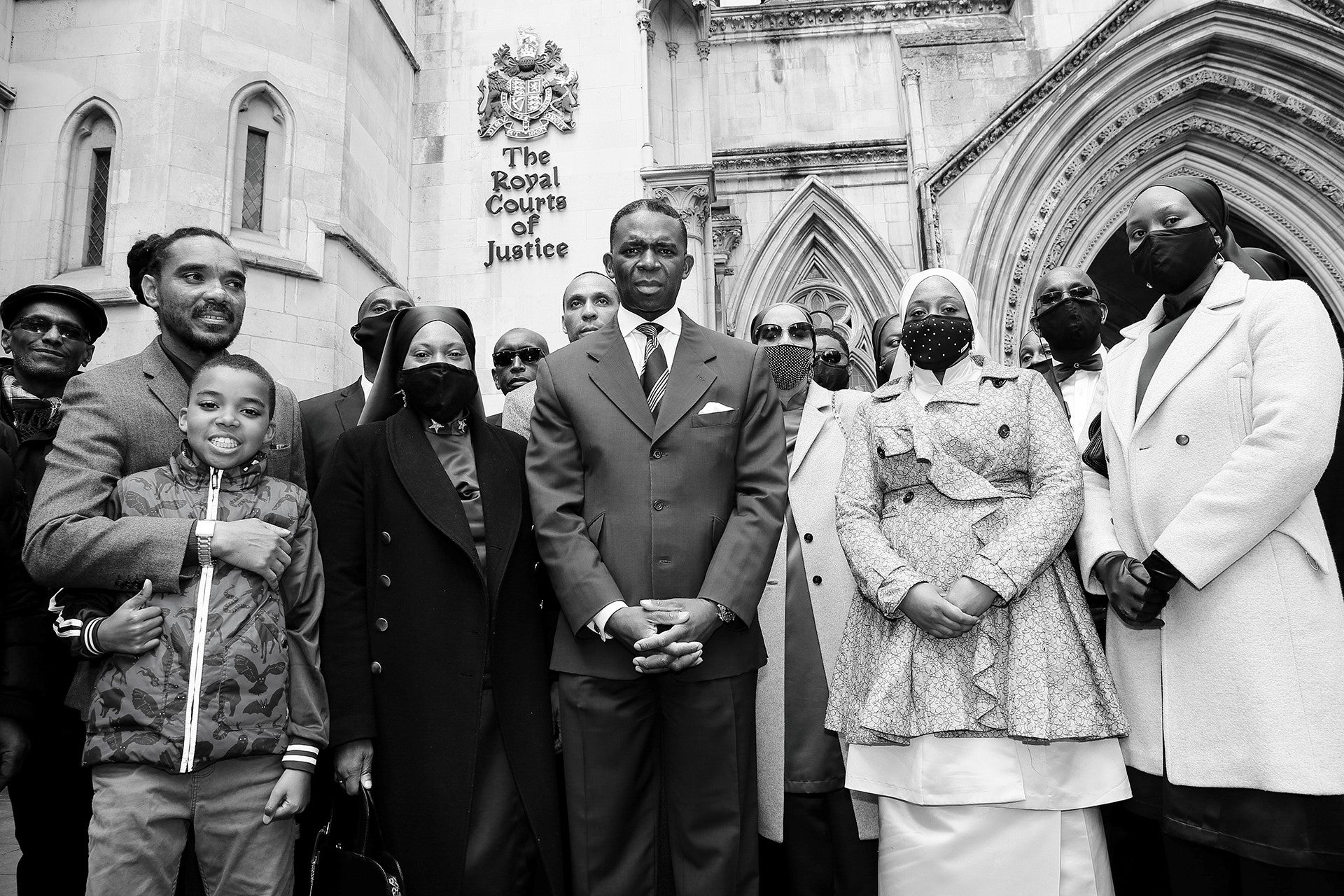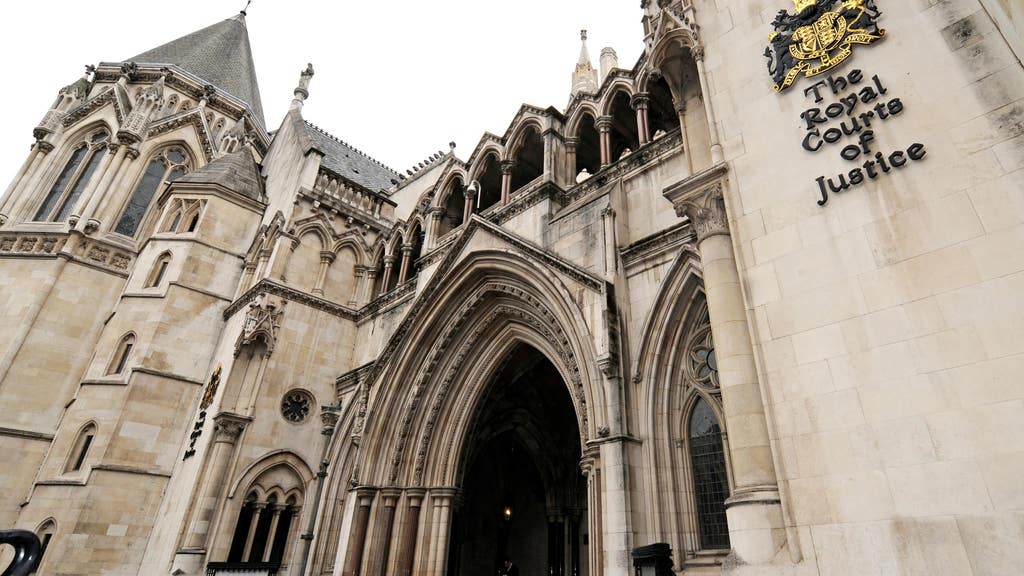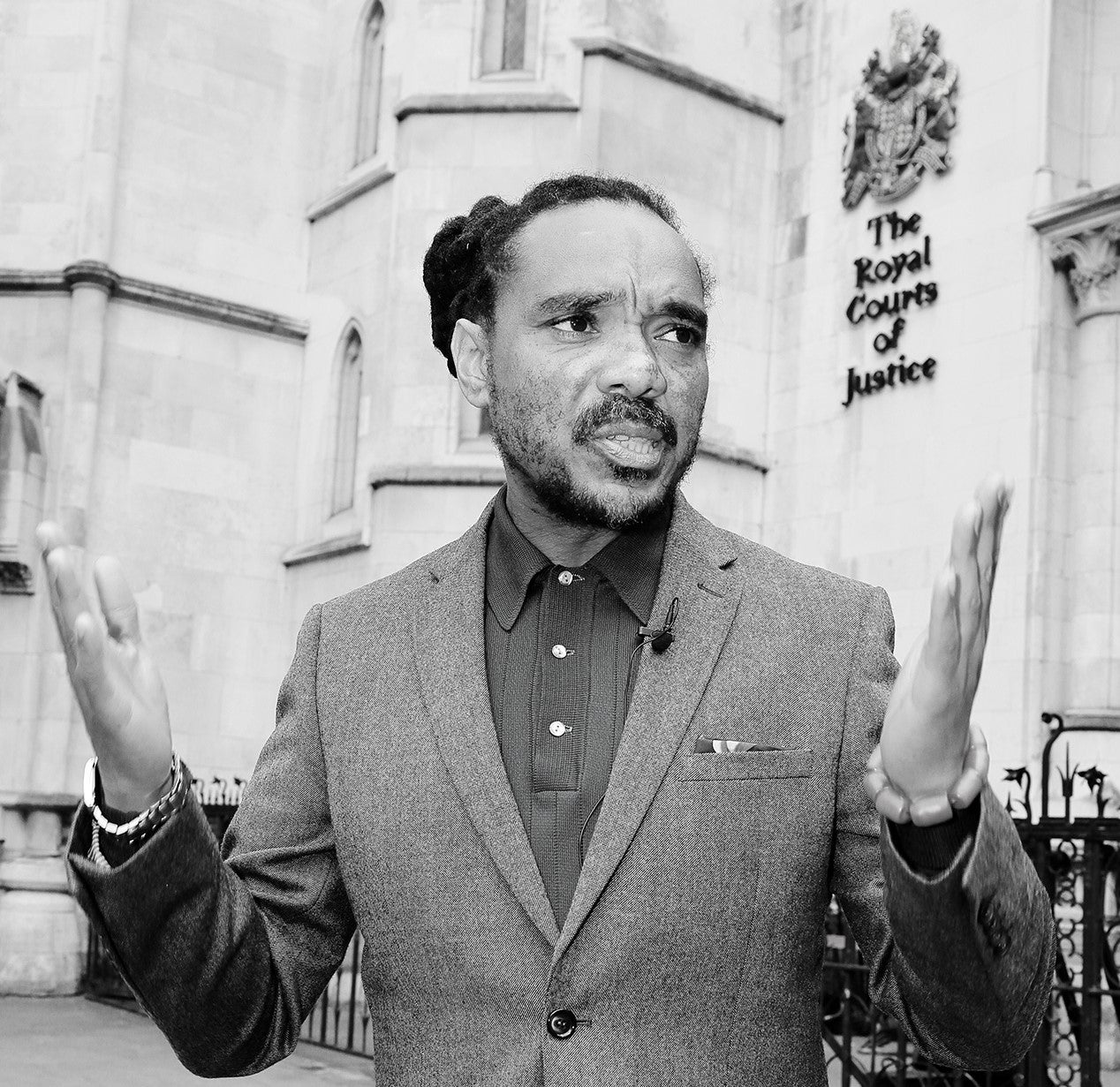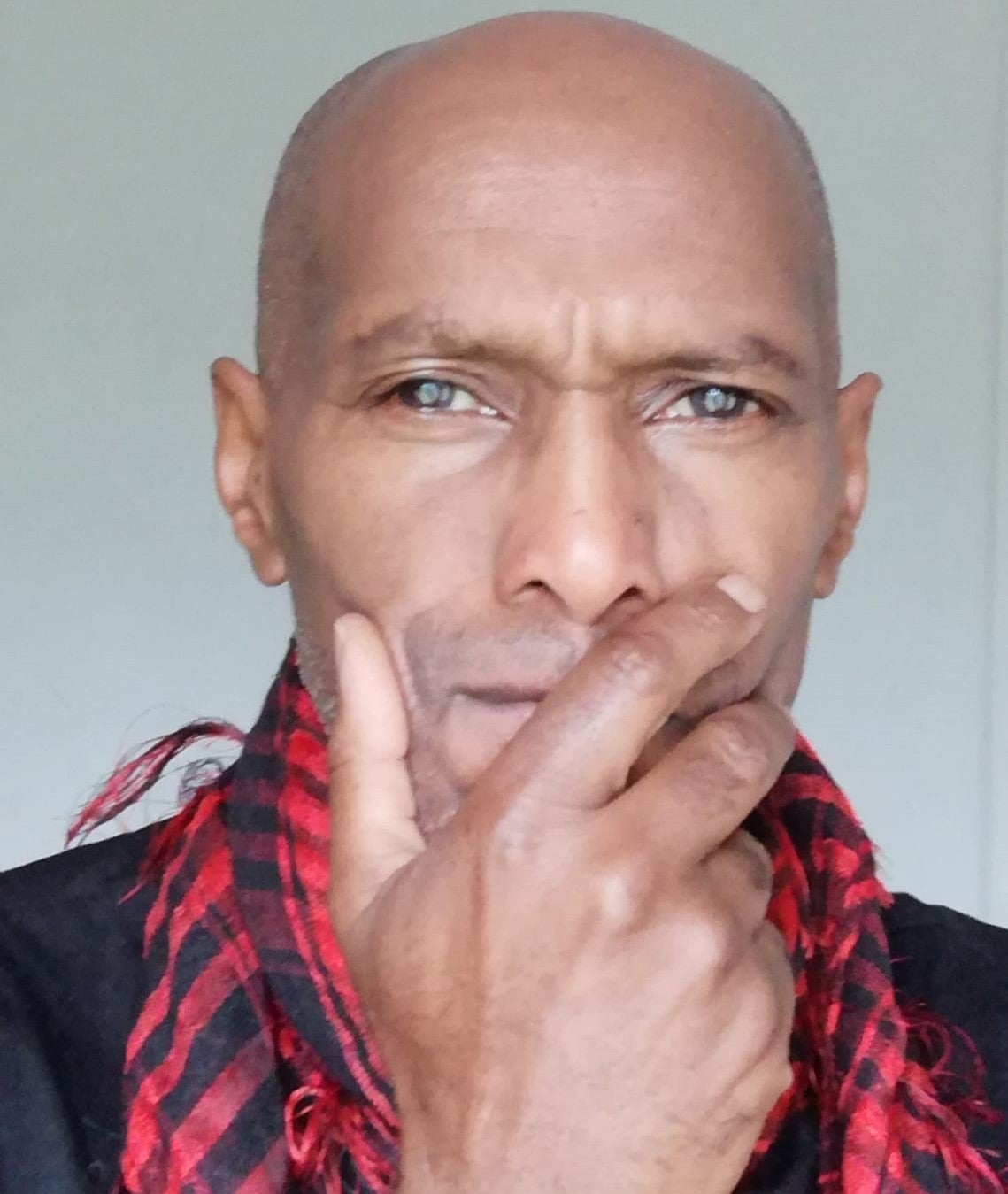How Black activists took on Lambeth Council and the Met - and won
Thirty-four Black activists successfully sued their local council and police — and tell Nadine White why they would do it all again ‘tomorrow and the day after that’


Your support helps us to tell the story
From reproductive rights to climate change to Big Tech, The Independent is on the ground when the story is developing. Whether it's investigating the financials of Elon Musk's pro-Trump PAC or producing our latest documentary, 'The A Word', which shines a light on the American women fighting for reproductive rights, we know how important it is to parse out the facts from the messaging.
At such a critical moment in US history, we need reporters on the ground. Your donation allows us to keep sending journalists to speak to both sides of the story.
The Independent is trusted by Americans across the entire political spectrum. And unlike many other quality news outlets, we choose not to lock Americans out of our reporting and analysis with paywalls. We believe quality journalism should be available to everyone, paid for by those who can afford it.
Your support makes all the difference.Activists who won a landmark legal battle against Lambeth Council and the Metropolitan Police have said their victory is an important move towards racial equality in Britain.
The council and the police have agreed to settle a High Court claim brought by 34 Black campaigners who said their freedom of speech and religious liberty were impinged upon when they were prevented from showing a speech by controversial Nation of Islam leader Louis Farrakhan at a public event in south London.
Authorities banned any rebroadcast of the speech at the Africa International Day of Action in Kennington Park in 2017, and prohibited conversations at the event around transatlantic slavery reparations.
A four-year legal battle between the authorities and activists, which ended earlier this month, has cost taxpayers up to £1.5million.
Lead claimant, Nation of Islam minister Abdul-Hakeem Muhammad, told The Independent the legacy of the case is to encourage people to “take a position”.
“Fight for your rights until justice rolls down the mountain like a mighty stream; that’s the legacy of this case,” he said.
“We’re not asking for special treatment; we’re asking for justice, a principle of fair dealing.

He continued: “It’s outrageous. If that’s how they would treat us when we want to just use a park, how are they treating our children in their schools, hospitals and institutions across in Lambeth? How, if we’re not worthy to come together and have a grown-up conversation about our future and the future of our children independent of them?
“Too many of us look past all of these injustices and close our eyes to them daily in the name of ‘I just want to get by’ ... to pass onto our children the same kind of servile, sick, slave mentality?
“So we fought them and we will fight them again tomorrow and the day after that because our lives are not more important to us than to have justice while we walk on this earth. That is key. What can we leave to the next generation.”
“Life is too short for us not to make an indelible impression upon it. We’re gonna die anyway; it’s better we die for a principle than live in shame,” he added.
Rastafari Movement UK, co-organisers of the 2017 event, declined to work with the Nation of Islam in taking legal action against the authorities in this matter, The Independent understands.
Life is too short for us not to make an indelible impression upon it. We’re gonna die anyway; it’s better we die for a principle than live in shame
Farrakhan, 86, has previously made offensive remarks about Jewish communities and has been banned from entering the UK since 2002.
But claimants say that the case centres around the breach of freedom of speech around reparations.
Rashid Nix, one of two claimants who aren’t part of the Nation of Islam, told The Independent: “Lambeth don’t have money to run libraries and youth centres, but spent hundreds of thousands trying to disrupt the Black community’s attempts to solve its problems.
“The actions of these two institutions has thoroughly discredited the government’s race report which denies institutional racism exists.”
"The fact that this happened during Ramadan and the majority of the claimants are Muslim is significant,” he added.
This comes months after a parliamentary report found that Black people's human rights aren't being protected in the UK.

Abu Akil, co-chair of the Global Afrikan Congress, is the second claimant who isn’t from the Nation of Islam, and described how he hopes this case will set an important precedent for future generations.
“I felt relief on the day that after all this time of battling, we can say we have some sense of traction and success. However the most important issue for me around reparations is the relationships we have with each other as African people.
“The import of a high court case only goes as far as giving our community the confidence to stand up for themselves. That’s important because until people stand up for themselves, they will be continually held in an oppressed state.”
He added: “There is no one with the power or authority to subvert someone else’s human rights; that’s what this case demonstrates. We, as claimants, are not the ICI, Shell or one of those big corporates that’s getting millions per day from state resources.
“We are African people who have come together in an organised way. We’ve been able to stand independently and demonstrate principle – that’s what African people have always been doing.”

Bame Lawyers for Justice is now calling for an inquiry into the matter.
“This victory is a warning to other institutions and public authorities that they have no business in seeking to politically interfere or censure who London's Black communities choose to speak with and hear from,” vice-chair Lee Jasper told The Independent.
“They spent over £1m of public money on defending their actions, this happened in a London borough that is making cuts, struggling to cope with youth violence and has seen massive cuts to youth services.
“There should now be a full independent inquiry. Those responsible for making these illegal decisions should now be held accountable and face disciplinary action.”
Andre Clovis, the solicitor who represented the claimants, said: “The fact that Lambeth and the Met continued to deny wrongdoing for almost four years is wrong on two levels.
“It served to add to the insult my clients’ felt and it was a gross abuse of public funds; being deployed not for the benefit of their local community, but to conceal wrongdoing and protect their reputations.
“My clients were pursuing unity in the Black community and what the Council and the police did created division. This sort of unlawful conduct is not unique and this was not an isolated incident.”
He added: “The right to freedom of speech is not just a right extended to those in positions of power who hold a counter-view, but applies to those who hold a view. I sincerely hope some, particularly within Lambeth Council, remember this fundamental human right and do not ever again seek to suppress the views of some within their local communities whilst championing counter views; for this is not their role – their role is to serve.”
Following the case, Jack Hopkins, the then-leader of Lambeth council, announced that he was stepping down from his position. The Oval ward councillor did not cite this as his reason for leaving, however.
Lambeth and the Met will pay damages of over £92,500 to the claimants and costs over £1m.


Join our commenting forum
Join thought-provoking conversations, follow other Independent readers and see their replies
Comments